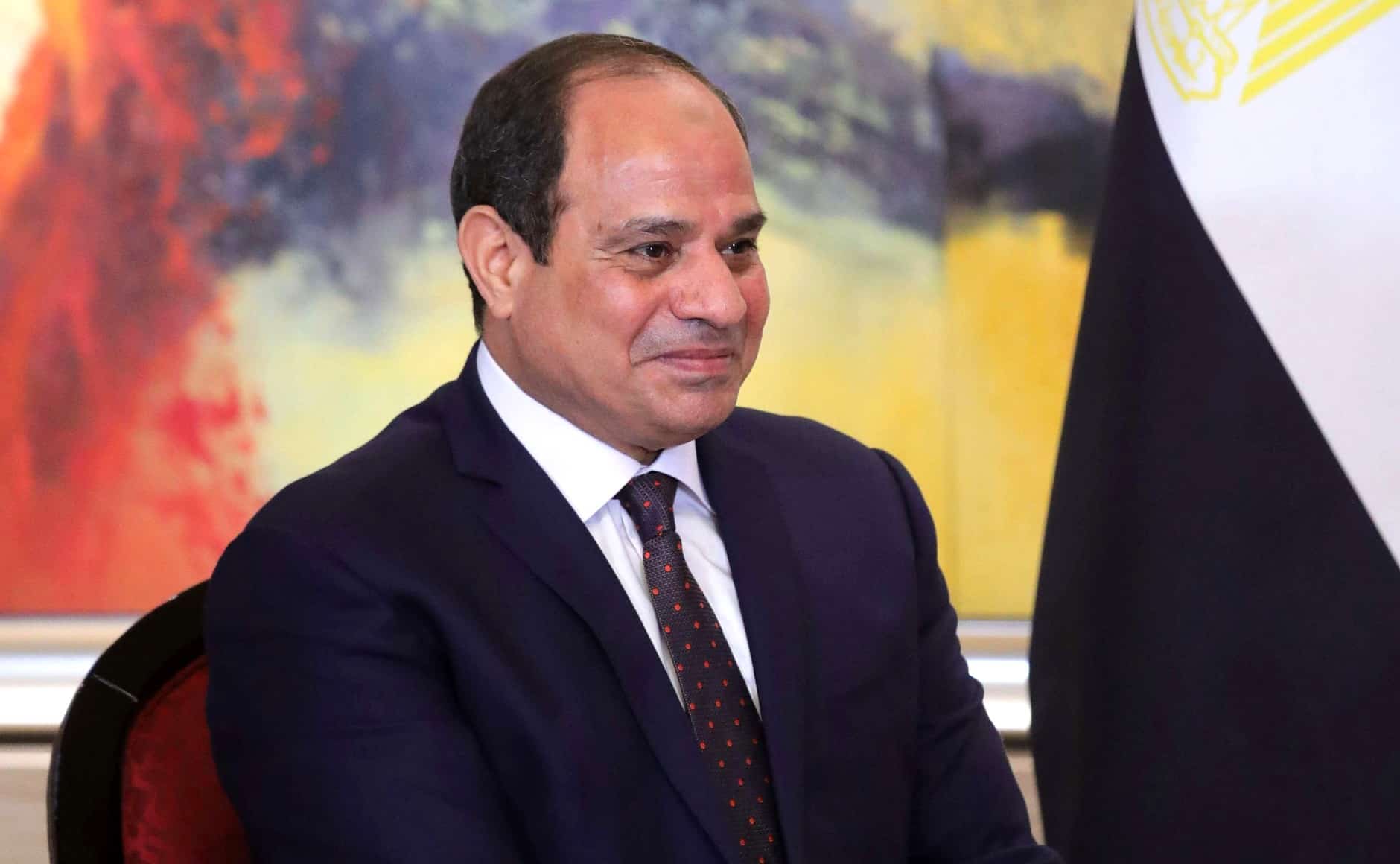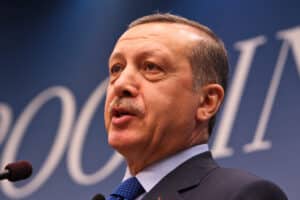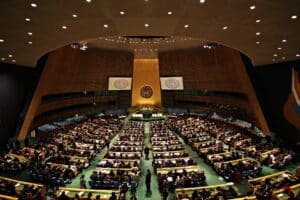The civil war in Libya may soon enter a new chapter that would internationalise the conflict to a whole new level. Egyptian President Abdel Fattah el-Sisi got the support of the parliament for deploying Egypt’s military forces to Libya.
Libya as a battleground
Riots in the oil-rich country have been going on since 2011 and the overthrow and killing of former leader Muammar Gaddafi. The situation escalated in 2014, splitting the country east to west between two factions and their supporters. Turkey, Qatar and Italy are taking the side of the internationally recognised Government of National Accord (GNA), based in the capital Tripoli and the eastern-based Libyan National Army (LNA) of General Khalifa Haftar is backed by Egypt, the United Arab Emirates (UAE), Russia and allegedly France.
Since April 2020 Haftar’s forces have suffered heavy losses, including the city of Tarhuna, which was the last remaining western stronghold of Haftar. Turkey played the most prominent role in supporting the GNA in these battles with its military contributions, including military advisers and armed drones. Turkey’s support followed the 2019 Maritime Border Deal between Ankara and the GNA on the delimitation of the sea border, allowing the Turkish authorities to preserve access to the open sea, and thus the right to use oil and gas in the international waters.
Egypt’s reaction
Taking into account recent developments, on the 20th of July, Egyptian parliament authorised sending combat troops abroad to fight “criminal militias” and “foreign terrorist groups” on a “western front”, in an apparent reference to Libya. Speaking of such a possibility, Sisi said, “If some think they can go beyond this line, Sirte and Al-Jufra, this is a red line for us,” and such a development would provide the Egyptian State with “international legitimacy” to intervene. Namely, Al-Jufra is the pathway into western Libya, with the strategically important military airbase, while the coastal city of Sirte represents a gateway to Libya’s key oil export ports.
What is at stake for Egypt?
Its energy interests in the gas-rich eastern Mediterranean, undoubtedly lead Ankara to interfere in Libya’s civil war. Also, Turkey wants to preserve its political position in the region, especially after the Egyptian coup of 2013, which transformed Egypt from a Turkey-friendly Arab country to an anti-Turkish one. Lastly, some Arabs, including Egypt’s President and his allies in the United Arab Emirates and Saudi Arabia, share the perspective on Turkey’s foreign policy as “Neo-Ottoman.”
Similarly to Turkey’s view, Cairo sees Libya as a significant oil supplier for its economy, as well as a place to ease its enormous unemployment issue. Before the start of the civil war, about two millions Egyptians worked in Libya, mostly in oil and gas industries, construction, or the informal sector.
However, for Egypt, the stakes transcend economic interests and the oil sector. The on-going war in Libya represents a direct threat to Egypt’s national security and stability. The two countries share 1.150 km long border which continues to be a major trafficking hub for weapons, drugs and people, including extremists and militants. There is also an increase of violence since 2011, framing Egypt activity in Libya around its security interests.
Lastly, HA Hellyer, a senior associate fellow at the Carnegie Endowment, said: “It’s important to link the situation in Libya to the wider ‘cold-war’ within, the broader Arab world, where Turkey, Qatar and a particular brand of Islamism are on the one hand; and Saudi, UAE, and Egypt on the other. The war in Libya cannot be adequately understood without appreciating that.” Thus Sisi’s support for Hafter is part of a more significant political project and shared ideological vision on eliminating political Islam and the Muslim Brotherhood movement, which is perceived as an existential threat by both leaders.
The next step
Analysts have abandoned the possibility of Egyptian-Turkish war in Libya. Hassan Nafaa, a political science professor at Cairo University, said: “It is highly unlikely that Egypt will enter a direct war in Libya,” adding that Sisi’s message was “more a political one than a military one.”
Online activists also dismissed the possibility of Egypt’s military intervention, explaining that Sisi tried to shift focus away from mishandling of the COVID-19 outbreak in the country and the continuously failing negotiations on the Grand Ethiopian Renaissance Dam (GERD).
Dynamics of future conflicts
Sisi’s announcement on military deployment in Libya most likely won’t lead to a clash with Ankara directly, but it can result in a “strategic stalemate which hopefully could lead to a more serious diplomatic effort by the international community to produce a lasting political settlement of the Libyan conflict,” concludes Yezid Sayigh, a senior fellow at Carnegie Endowment. However, the war in Libya potentially outlines the dynamics of future conflicts, with the usage of combat drones and mercenaries for whom it is not known who exactly hired them. The tendency to hide the identity of the actors involved and targeted disinformation policy have reached new standards in Libya. Such dynamics can weaken the authority of the UN Security Council and undermine the international order.
Sources: Al-Monitor, Aljazeera, DW, Atlantic Council, Bloomberg, Middle East Monitor, The Arab Weekly
Photo: Kremlin



